The 1970s brought us some of the most compelling and daring TV dramas ever created. While many shows from that era remain household names, others have slipped through the cracks of time despite their gripping stories and trailblazing characters. These dramas tackled everything from societal issues to personal conflicts, often pushing boundaries in ways that still resonate today. Let’s revisit 15 forgotten TV dramas from the ’70s that, despite their fading from mainstream memory, still pack an emotional punch.
1. Owen Marshall, Counselor at Law
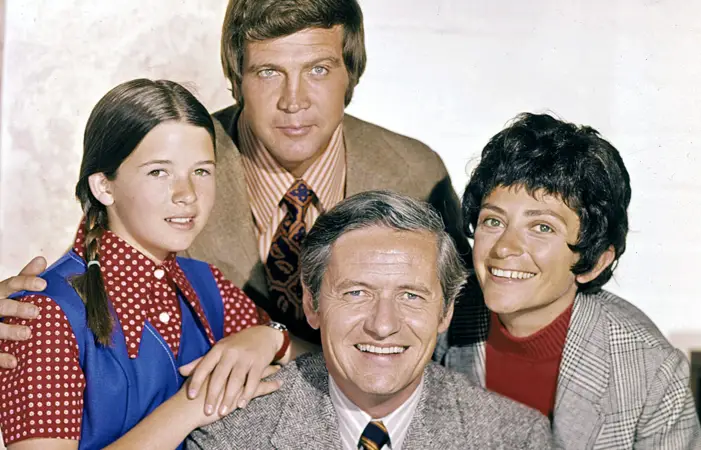
Running from 1971 to 1974, Owen Marshall, Counselor at Law followed the title character, a compassionate lawyer played by Arthur Hill, as he took on cases that challenged both the legal system and societal norms. The show stood out for its nuanced storytelling, weaving moral dilemmas into the courtroom drama format. Whether it was defending a teacher accused of misconduct or fighting for civil rights, Owen Marshall’s cases often reflected real-world controversies, making the series both engaging and thought-provoking.
What made this show particularly intense was its focus on the human side of the legal process. Each episode presented the personal struggles of both the clients and Owen himself, creating a layered narrative that kept audiences invested. Though overshadowed by more action-packed legal dramas in later years, its emotional depth and exploration of justice still make it a standout worth revisiting.
2. The Bold Ones: The Senator
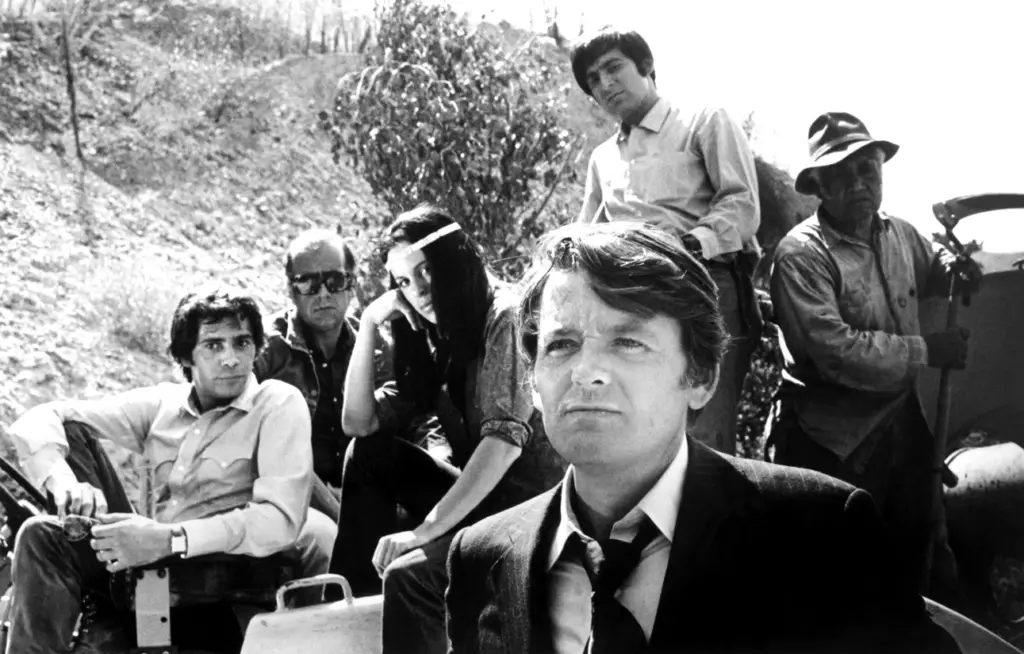
Part of the anthology series The Bold Ones, this 1970-1971 drama centered on Senator Hays Stowe, played by Hal Holbrook, as he tackled political corruption and social issues. The show was ahead of its time, addressing topics like environmentalism, civil rights, and war with a level of complexity rarely seen on TV then. Its blend of political intrigue and personal sacrifice gave viewers a sobering look at the challenges of public service.
What keeps The Bold Ones: The Senator intense even today is its relevance to modern politics. The show didn’t shy away from depicting the moral compromises and ethical dilemmas that come with power, making it a fascinating watch for anyone interested in the intersection of government and humanity. It’s a shame that its single-season run left many storylines unexplored.
3. Police Story
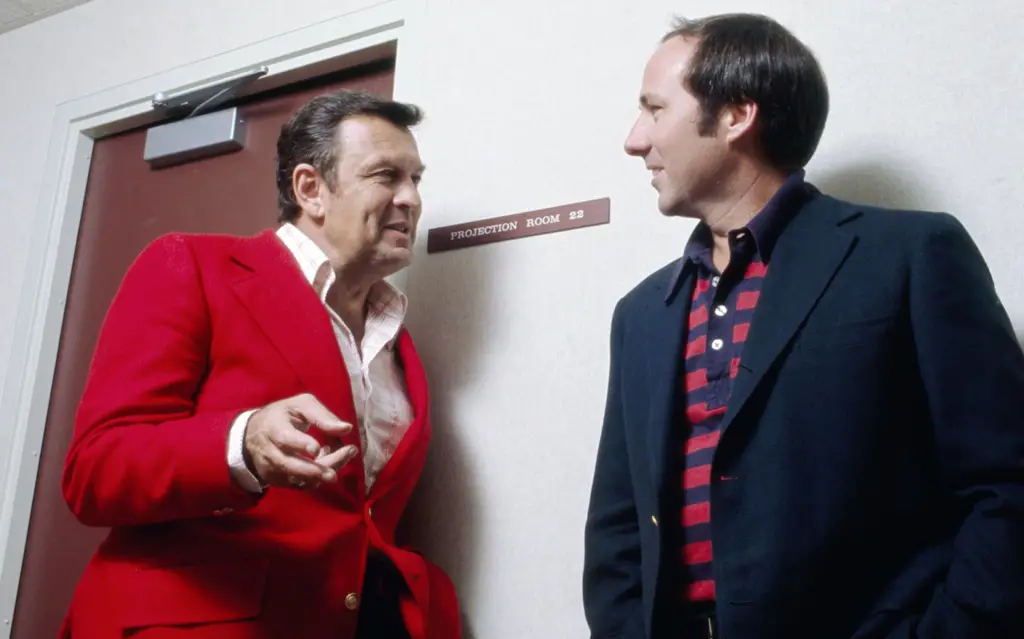
This anthology series ran from 1973 to 1978, showcasing a variety of gritty, realistic stories about police officers and their day-to-day challenges. Unlike many procedural dramas of the time, Police Story didn’t sugarcoat the difficulties of law enforcement. Episodes explored corruption, mental health, and the toll the job takes on officers’ personal lives, often ending on an ambiguous or bittersweet note.
The show’s intense storytelling and dedication to authenticity were groundbreaking, earning it critical acclaim and multiple awards. While its episodic nature meant that characters came and went, the emotional weight of the stories stayed with viewers. In many ways, it paved the way for modern police dramas like The Wire and NYPD Blue, making it an underrated gem.
4. The Sixth Sense
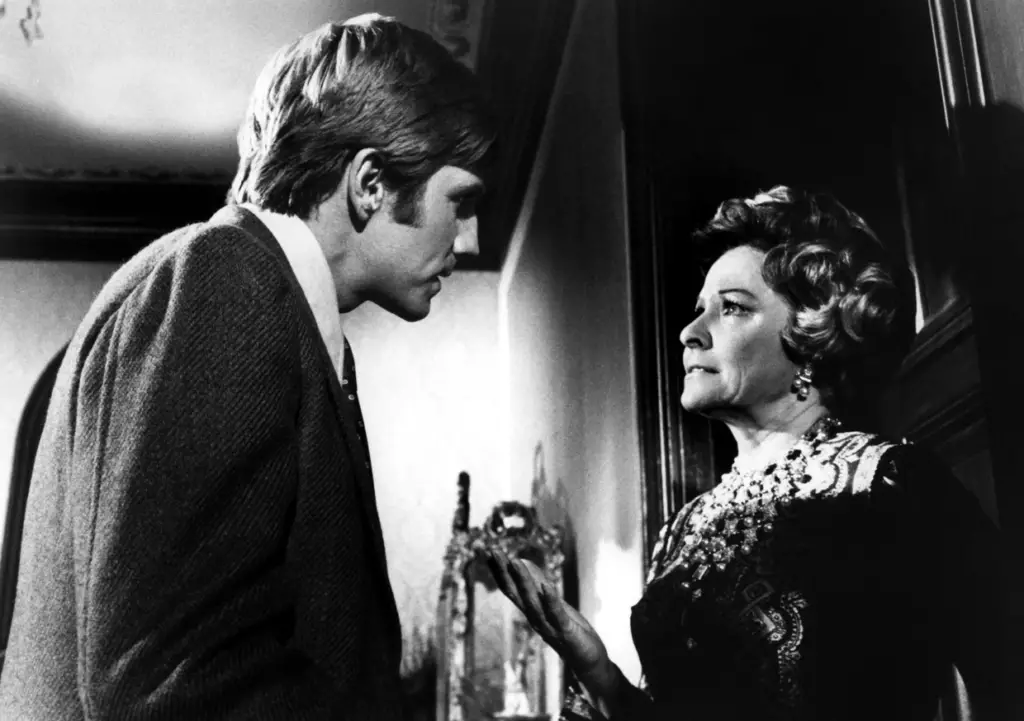
Debuting in 1972, The Sixth Sense starred Gary Collins as Dr. Michael Rhodes, a professor of parapsychology who investigated supernatural occurrences. Each episode combined eerie mysteries with psychological depth, delving into the fears and traumas of the characters involved. While it was often compared to The Twilight Zone, its focus on emotional realism set it apart.
The show’s blend of suspense and introspection makes it as gripping today as it was in the ’70s. Though it only lasted two seasons, its haunting stories and atmospheric style left a lasting impression on fans of supernatural drama. It’s a forgotten treasure that deserves more recognition.
5. Lucas Tanner
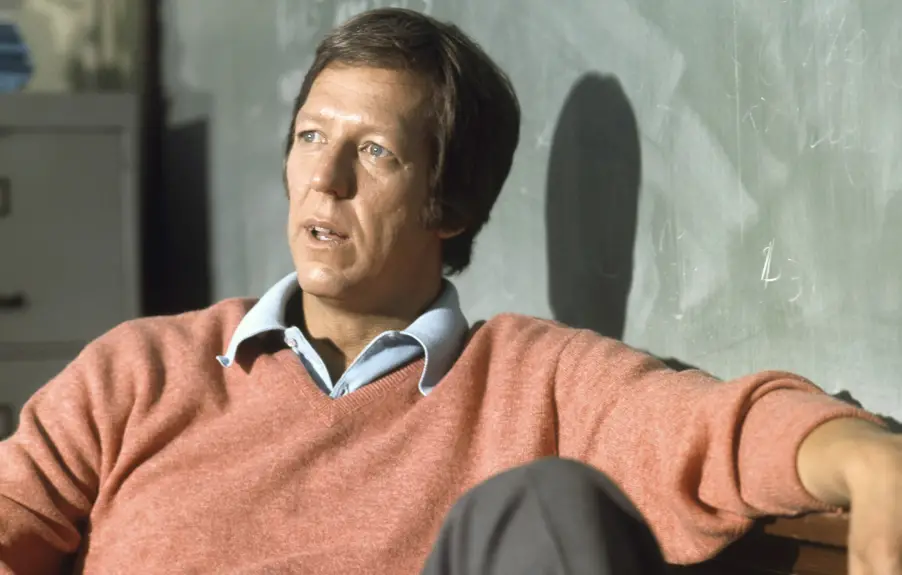
This 1974-1975 series followed Lucas Tanner (David Hartman), a widowed ex-baseball player who became a high school teacher to find new purpose in life. The show tackled sensitive topics like bullying, teen pregnancy, and the struggles of single parenthood with an honesty that was rare for the time. Tanner’s unconventional teaching methods and his commitment to his students made him a compelling protagonist.
While Lucas Tanner only lasted one season, its heartfelt approach to storytelling still resonates. The show’s exploration of grief, redemption, and the power of mentorship feels timeless, making it a drama worth rediscovering.
6. The Delphi Bureau
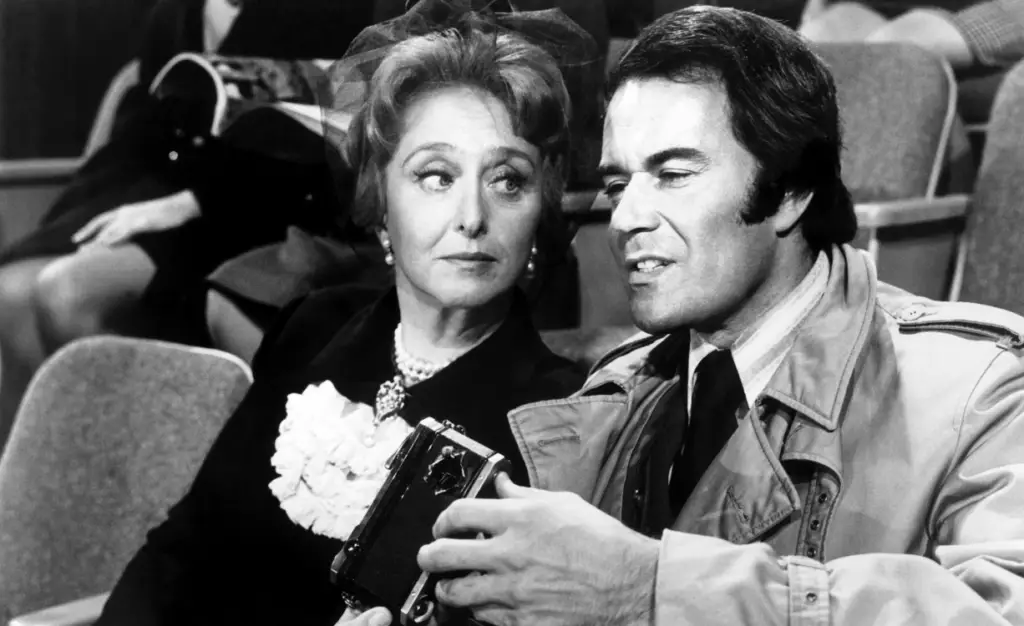
Airing for just one season in 1972, The Delphi Bureau was a spy thriller starring Laurence Luckinbill as Glenn Garth Gregory, a man with a photographic memory recruited by a secret government agency. Each episode combined espionage with Gregory’s struggle to balance his dangerous missions with his personal life. The show’s complex plots and morally ambiguous characters made it a standout in the crowded spy genre.
What keeps The Delphi Bureau intense is its unflinching portrayal of the sacrifices involved in serving one’s country. The series often delved into themes of loyalty, betrayal, and the cost of secrecy, making it a gripping watch even decades later.
7. Toma
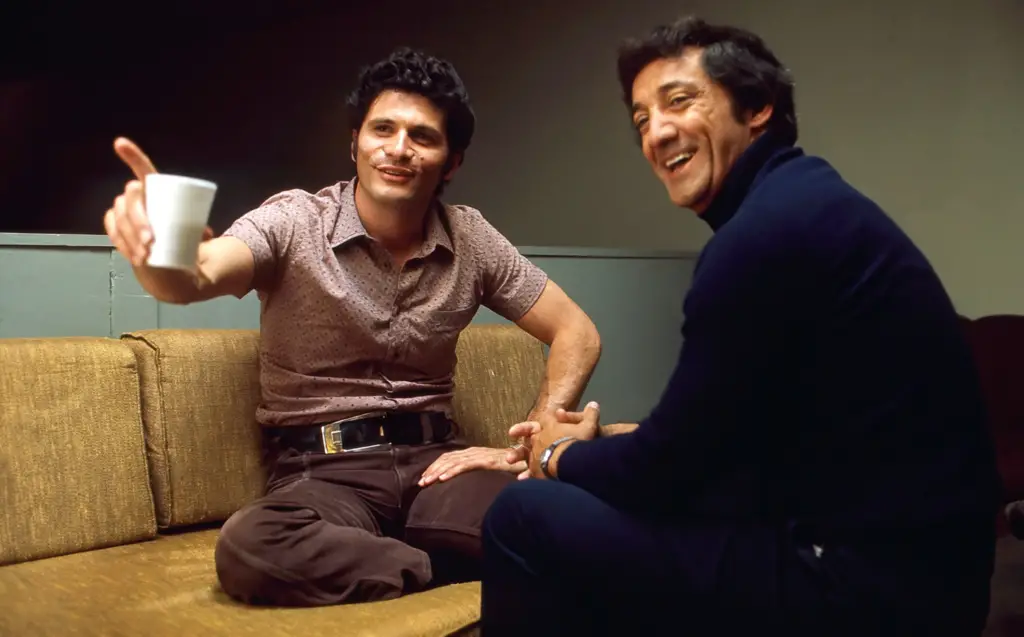
Based on the real-life exploits of detective David Toma, this 1973-1974 series starred Tony Musante as the titular character. Known for his unconventional methods and fearless approach to crime-solving, Toma took on cases involving drug trafficking, organized crime, and corruption. The show’s gritty realism and focus on social issues set it apart from other police dramas.
Toma was intense not only for its subject matter but also for its portrayal of the psychological toll of undercover work. While it was short-lived, its influence can be seen in later shows like Starsky & Hutch and Miami Vice.
8. Archer
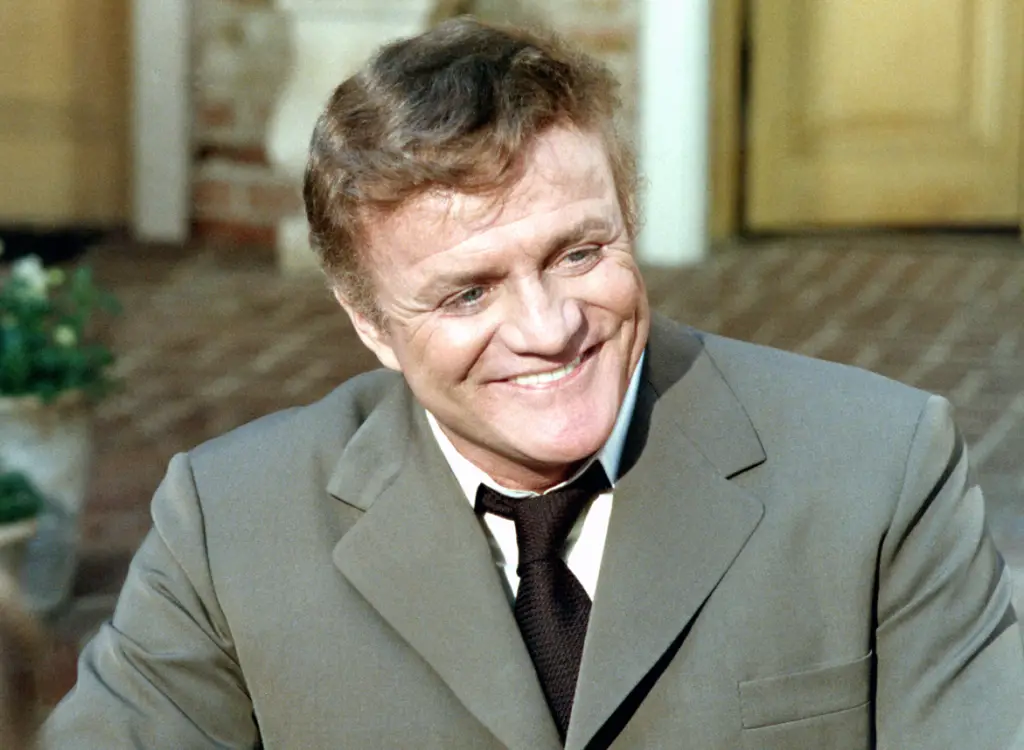
This 1975 series followed Lew Archer, a private investigator played by Brian Keith, as he navigated a world of corruption, betrayal, and greed. Based on the novels by Ross Macdonald, the show captured the moral ambiguity of its source material, presenting complex characters and twisty plots.
Though it only lasted six episodes, Archer remains a masterclass in noir storytelling. Its intense atmosphere and sharp writing make it a must-watch for fans of detective dramas.
9. Kingston: Confidential
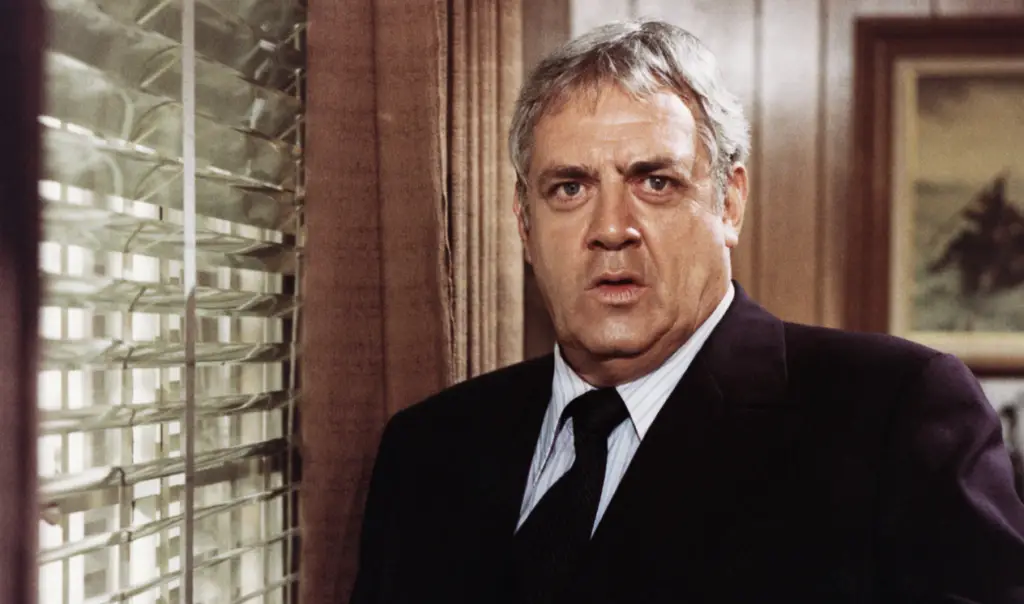
Raymond Burr starred as R.B. Kingston, a newspaper publisher turned amateur sleuth, in this 1977-1978 series. The show combined investigative journalism with mystery-solving, tackling topics like political corruption and corporate greed.
While it struggled to find an audience during its original run, Kingston: Confidential is a fascinating look at the power of the press. Its blend of intrigue and social commentary feels just as relevant today as it did in the ’70s.
10. Sierra

Sierra, which aired in 1974, was a short-lived drama about a team of National Park Service rangers working in California’s Sierra Nevada Mountains. The show focused on the intense and often life-threatening situations faced by the rangers, from rescuing stranded hikers to protecting wildlife from poachers. It blended action-packed sequences with heartfelt stories about the natural world and humanity’s connection to it.
While it only lasted 14 episodes, Sierra delivered emotional depth and suspense with each storyline. The breathtaking scenery and environmental themes still resonate today, especially as awareness of conservation has grown. It’s a forgotten drama that captured the beauty and danger of the great outdoors, making it well worth revisiting.
11. Doc Elliot
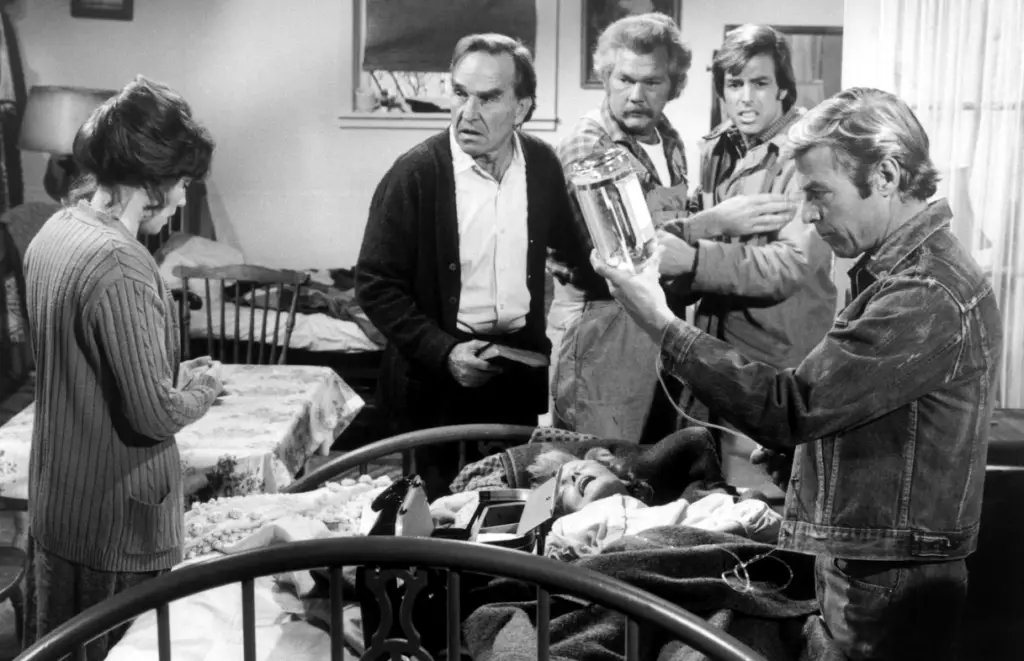
Starring James Franciscus, Doc Elliot aired from 1973 to 1974 and followed a doctor who left his big-city practice to provide medical care in rural Colorado. The show’s dramatic tension came from Elliot’s struggle to navigate the challenges of treating patients in isolated communities, often without access to modern resources. Each episode presented moral and medical dilemmas, highlighting the doctor’s resilience and dedication.
The intensity of Doc Elliot lay in its exploration of humanity and the sacrifices required to make a difference. The show’s focus on compassion and ingenuity makes it feel surprisingly modern, especially in today’s conversations about healthcare inequities. Its quiet power and emotional storytelling deserve renewed appreciation.
12. The Manhunter
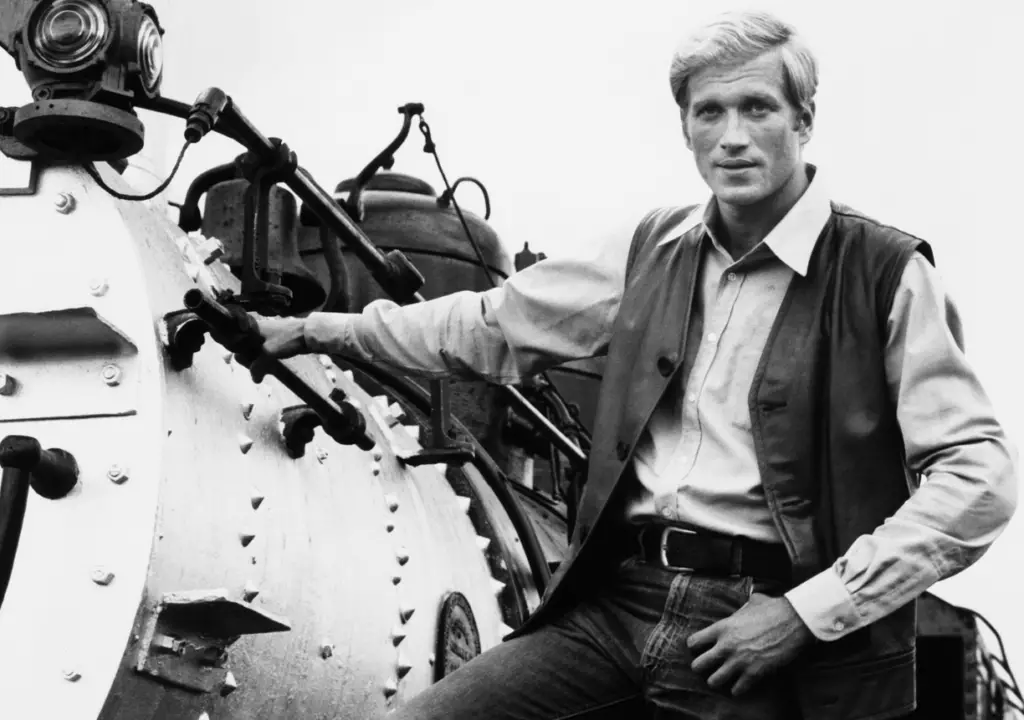
Airing from 1974 to 1975, The Manhunter followed Dave Barrett, a World War I veteran turned private investigator in the 1930s. Ken Howard played the lead role, bringing a gritty realism to the character as he investigated crimes ranging from bootlegging to murder. The show’s period setting added depth, immersing viewers in the struggles of the Depression-era Midwest.
What made The Manhunter intense was its focus on the human cost of crime and justice. Each case revealed the desperation and determination of the characters, creating a hauntingly realistic portrayal of the era. Despite its short run, the show’s attention to detail and emotional weight make it a standout.
13. Harry O
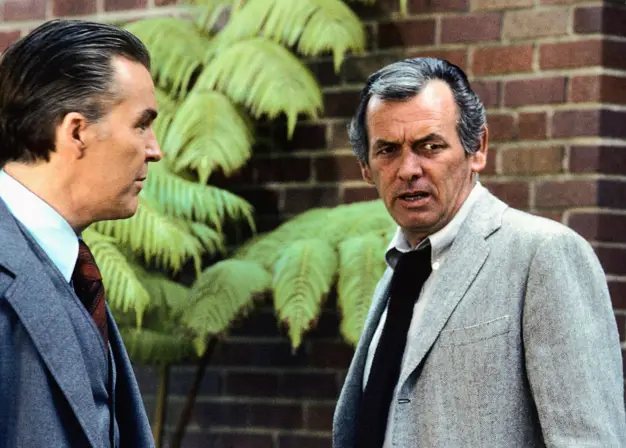
This detective series, which aired from 1974 to 1976, starred David Janssen as Harry Orwell, a former cop turned private investigator. What set Harry O apart was its focus on character-driven storytelling rather than flashy action. Harry’s cases often forced him to confront moral dilemmas and personal struggles, creating a deeply engaging narrative.
The show’s intensity stemmed from its unflinching look at the complexities of human nature. Harry was a flawed but empathetic character, and his interactions with clients and suspects brought out the emotional stakes of each case. Harry O remains a masterclass in thoughtful, introspective drama.
14. Dan August
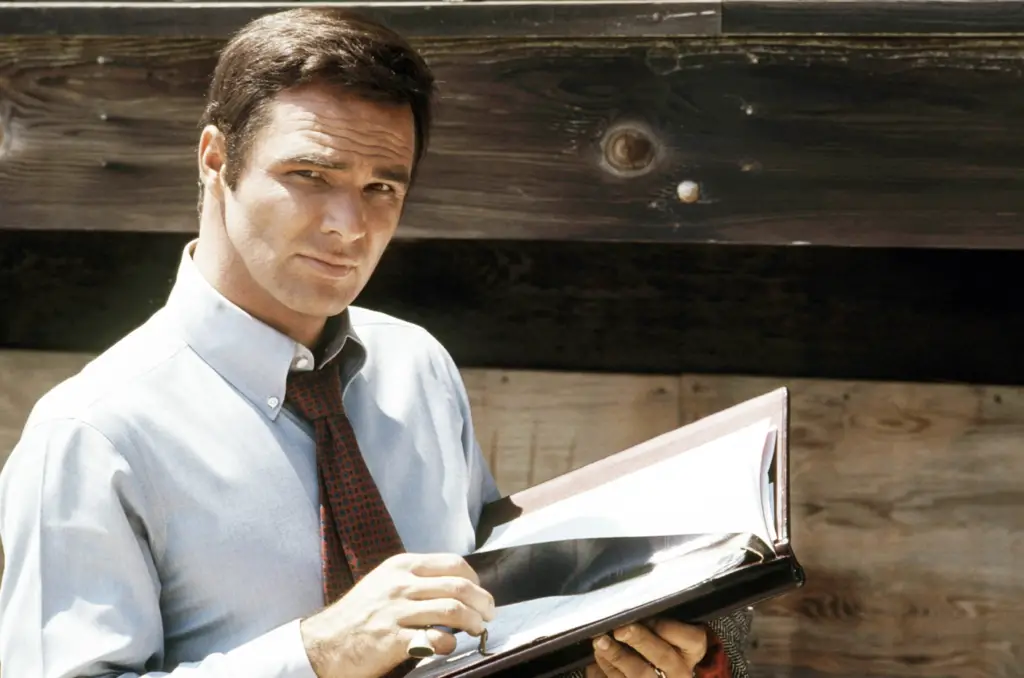
Starring Burt Reynolds, Dan August aired from 1970 to 1971 and followed the titular detective as he solved crimes in his small California hometown. The show blended traditional procedural elements with deeper explorations of small-town dynamics and personal relationships. Reynolds’ charisma and intensity brought depth to the character, making each episode compelling.
Though it only lasted one season, Dan August showcased Reynolds’ star power and set the stage for his future success. The show’s mix of mystery and emotional resonance still holds up, proving that good storytelling never goes out of style.
15. Beacon Hill
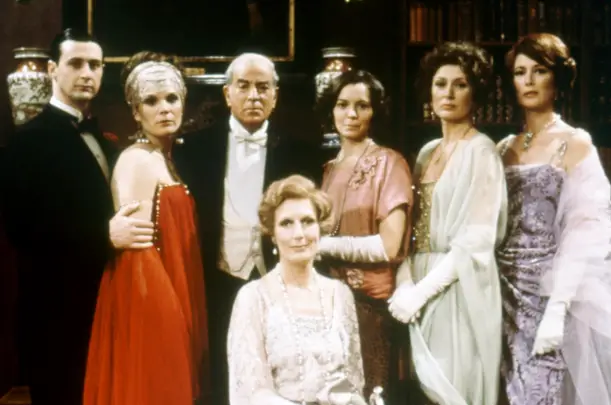
Inspired by Downton Abbey long before that series existed, Beacon Hill (1975) was an American attempt at capturing the upstairs-downstairs dynamics of a wealthy Boston family and their servants in the 1920s. The show explored themes of class, ambition, and family secrets, creating a tapestry of interconnected dramas.
The series was ahead of its time in its willingness to tackle controversial topics, including gender roles and societal expectations. Though it was short-lived, its richly drawn characters and intense storylines make it a hidden gem that’s just as gripping today as it was in the ’70s.
The 1970s were a golden era for TV dramas, and these forgotten gems prove that great storytelling never goes out of style. Whether tackling societal issues or diving deep into personal struggles, these shows remain as intense and engaging as ever. They may not be household names anymore, but their impact on television history is undeniable.


